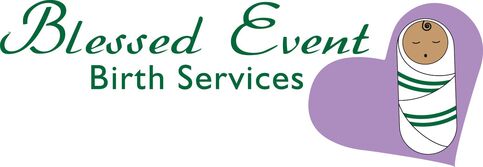The placenta is an organ that your baby makes during pregnancy. This organ starts forming right after conception. As baby gets bigger so does the placenta. By around 12 weeks of gestation, it is considered "mature" which means it is fully functioning and producing hormones. It attaches to the uterine wall and is what sustains pregnancy. The side baby is on is known as the amnion, and the side that attaches to Mom's uterus is the chorion.
What does the placenta do?
- It brings oxygen, and nutrients to the baby
- It removes carbon dioxide and other waste products from baby's blood
- It produces hormones including progesterone to sustain pregnancy
- It acts as a filter, filtering out some viruses, and micoorganisms. The placenta does not filter out everything which is why there are cautions about drinking, or exposure to measles if Mom does not have immunity.
- It passess antibodies to baby to help baby's immune system as birth approaches
Can the placenta move?
The placenta does not move from where it attaches to the uterus. The placenta appears to move because the part where it has attached has shifted as a result of the uterus enlarging to make space for baby.
What can I do to have a healthy placenta?
The same things that help with a healthy pregnancy, also help you have a healthy placenta.
- Avoid smoking and drinking alcohol.
- Eat a healthy diet.
- Get regular exercise
What concerns are there about placentas?
- How close the placenta is to the cervix. The concern is that part of the placenta may detach as the cervix dilates, leading to excessive bleeding. If the placenta is close to the cervix, checking where it is with ultrasound as pregnancy progresses will assess if it has shifted away from the cervix as the uterus enlarges.
- Placental Abruption: this is when a part or all of the placenta separates from the uterine wall. If this happens before labor, or during birth, it can be very dangerous for mother and baby.
- Placenta Accreta: this is when the placenta has attached by growing through the uterine lining into uterine muscle. This means the placenta will not detach, or detach completely and often requires surgical removal.
- Retained placenta: this is when a portion of the placenta remains attached to the uterine wall even though the rest of the placenta has detached. Any placental tissues that remain in the uterus after birth increases the risk of a uterine infection.
Fun facts about the placenta:
- It is an organ made by the baby.
- Identical twins share the same placenta.
- It is the only organ in your body that your body does not keep.
- The average placenta weighs about 1 lb, and is an average of 10 inches across.
Sources:
my.clevelandclinic.org/health/body/22337-placenta

 RSS Feed
RSS Feed